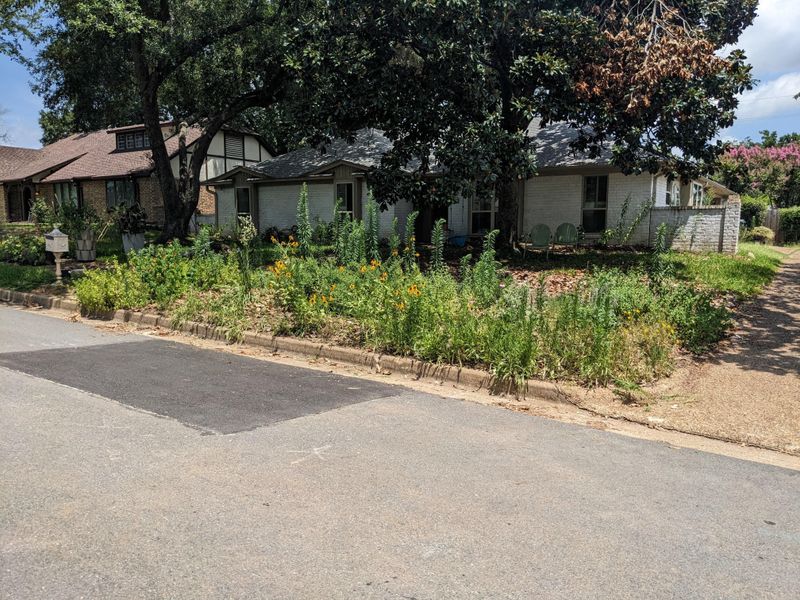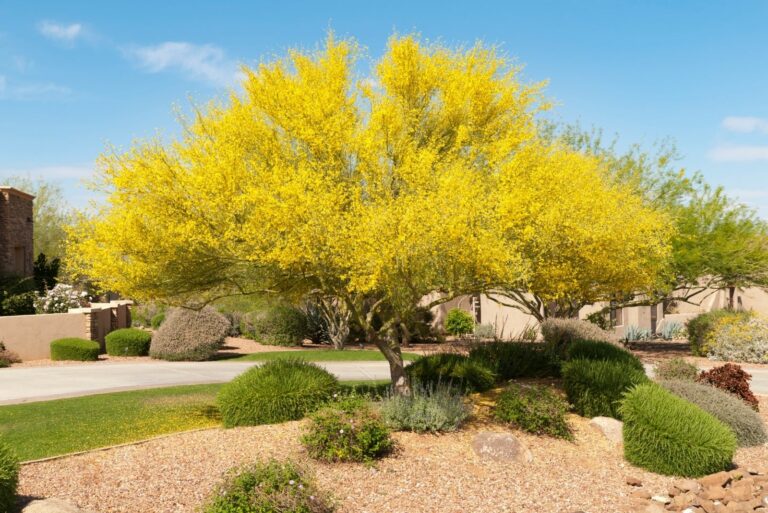Can Texans Actually Report A Neighbor’s Ugly Yard And What The Rules Say

Texas communities don’t all follow the same standards, and I’ve watched neighbors debate what counts as “ugly” more times than I can count.
Some rules really do apply, though. It’s easy to get confused about what’s allowed. The details clear up a lot once you see how the system works.
1. Check Your Local City Ordinances First

Every Texas city has its own rules about yard maintenance and property standards. Houston’s regulations might differ significantly from those in Austin or San Antonio, so knowing your local laws is crucial before making any reports.
Most cities require grass to stay below a certain height, typically between 6 to 12 inches. Violations can include overgrown vegetation, trash accumulation, or abandoned vehicles visible from the street.
Visit your city’s official website or call the code enforcement office to learn specific requirements in your area.
2. Talk to Your Neighbor Before Filing a Complaint

Sometimes people don’t realize their yard has become a problem. Your neighbor might be dealing with health issues, financial struggles, or simply got overwhelmed with other responsibilities.
A friendly conversation can often resolve the situation without involving authorities. Texans value neighborly kindness, and approaching someone directly shows respect for your community relationships.
Offer to help or suggest local lawn services if they seem receptive. Many problems get solved quickly when neighbors communicate openly and honestly with each other.
3. Know Which Department Handles Yard Complaints

Code enforcement departments typically handle yard maintenance violations across Texas cities. However, some communities assign these responsibilities to different departments like public works or neighborhood services.
Finding the right contact saves time and ensures your complaint gets proper attention. Most Texas cities offer online reporting systems where you can submit complaints with photos and descriptions.
Keep records of when and how you reported the issue. Documentation helps if you need to follow up or escalate the complaint later on.
4. Understand the Inspection and Warning Process

After filing a complaint, code enforcement officers will investigate the property to verify violations. They don’t immediately issue fines or penalties in most Texas cities.
Property owners typically receive a written notice explaining the violations and a deadline to fix the problems, usually ranging from 7 to 30 days. Officers may conduct follow-up inspections to ensure compliance.
Patience is important because the process takes time. Texas law ensures property owners get fair warning and opportunity to correct issues before facing serious consequences.
5. Consider HOA Rules If You Live in a Planned Community

Homeowners associations in Texas often have stricter standards than city ordinances. Many planned communities require specific grass heights, approved plant types, and regular maintenance schedules.
Your HOA covenant likely outlines the complaint process and potential consequences for violations. Some associations handle enforcement internally without involving city officials at all.
Review your HOA documents before reporting to understand which channel to use. Texas HOAs can levy fines and even place liens on properties for repeated violations of community standards.
6. Be Aware of Potential Fines and Penalties

Property owners who ignore code violations face escalating consequences throughout Texas. Initial warnings progress to fines that can range from fifty dollars to several hundred dollars per day in some cities.
Repeated violations may result in the city hiring contractors to clean up the property, then billing the owner for all costs incurred. Unpaid fines can become liens against the property.
Understanding these penalties helps you appreciate the seriousness of filing complaints. Texas takes property maintenance seriously because it affects entire neighborhoods and community values.
7. Your Complaint Can Remain Anonymous

Most Texas cities allow anonymous reporting of code violations, protecting you from potential neighbor conflicts or retaliation. Your identity won’t be shared with the property owner during the investigation process.
However, anonymous complaints may receive less priority than those with contact information for follow-up questions. Some jurisdictions require contact details but keep them confidential from the violator.
Check your city’s policy on anonymity when filing reports. Knowing your privacy rights helps you feel comfortable reporting legitimate concerns about neighborhood property standards.






